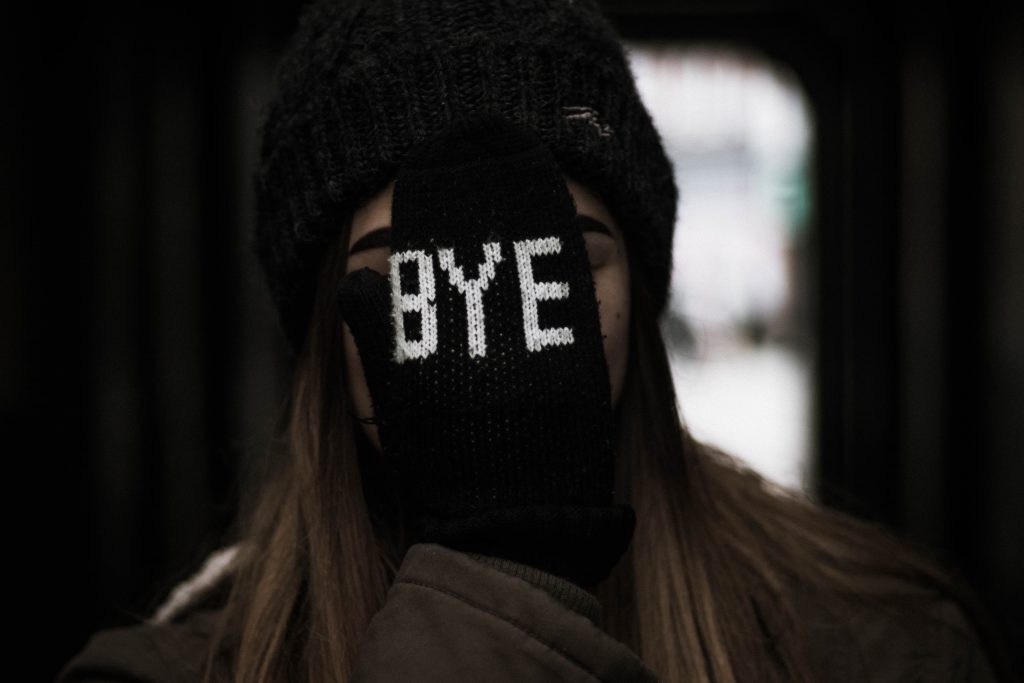
If you’re an avid watcher of YouTube, like myself, you probably noticed yet another YouTube “scandal” a couple of weeks ago. A classic tale of he said, she said. For one YouTuber in the beauty community, this resulted in a few million subscribers lost, unfollows from close friends, a few nasty tweets, and an overall rough week.
Cancel culture, also known as call-out culture, is known as a collective movement to boycott or “cancel” someone based off of decisions they have made. This culture can be helpful when it comes to bringing unethical behavior or scamming people/companies to light, but when done incorrectly, can be very damaging to the careers and mental health of influencers.
Recently, it appears that cancel culture follows the sentiment of “guilty until proven innocent.” This sentiment has been seen in recent influencer scandals, which results in people jumping on the “you’re canceled” bandwagon before they hear the other person’s side of the story.
This type of mentality is toxic within the influencer industry. The hurtful hashtags, insane allegations and nonstop drama videos can be taxing. Many influencers today have to constantly worry about what they say or do so they’re not the next person under fire. They must also now be mindful about the possibility of what they say being taken out of context and misconstrued.
This issue also poses a problem for brands. What do you do when the influencer you work with comes under fire from the public? Do you wait for the hate to subside or do you decide to drop the influencer? Although we can help manage the situation if it comes to that, we prefer to share recommendations for how to avoid the issue of cancel culture altogether prior to influencer selection.
We recommend finding an influencer that not only resonates with your audience and likes your products, but also one that isn’t likely to be controversial. Although controversial influencers can gain a lot of attention, it’s not always the type of attention you’re looking for. Find an influencer that best matches your audience quality-wise—it’s not always about quantity. Micro-influencers within your community that have a strong connection with the audience you are seeking to reach could be the perfect fit. In fact, many consumers are starting to prefer micro-influencers over celebrity-level influencers according to Chief Marketer.
Cancel culture needs to be canceled but, in the meantime, we recommend brands steer clear of the controversy.


